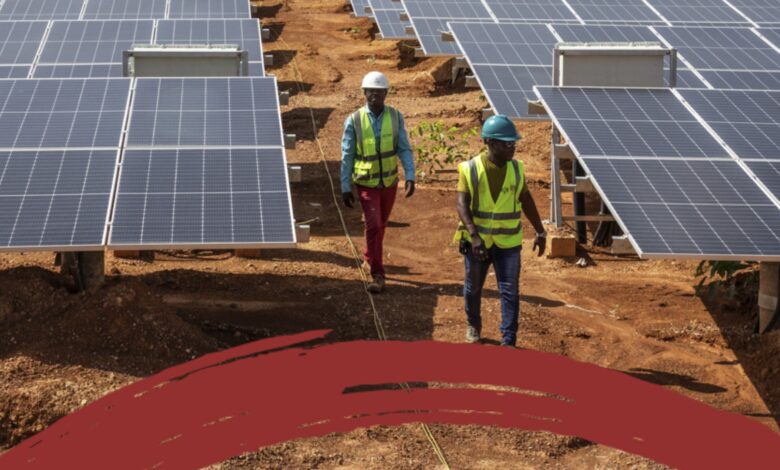Africa Faces $250bn Annual Energy and Climate Finance Gap, Report Warns

A new report by the United Nations University Institute for Natural Resources in Africa (UNU-INRA) has warned that Africa’s path to a green and just transition is being undermined by chronic energy insecurity and a widening climate finance gap.
The study, Counting the Cost: From Extraction to Green Transition – Tackling the Dealbreakers of Finance, Justice and Development, underscores that Africa needs between $25 and $50 billion annually to achieve universal energy access by 2030. On top of that, the continent will require an additional $200 billion every year to meet its climate commitments under the Paris Agreement.
However, current financing arrangements are heavily tilted towards loans rather than grants, leaving countries exposed to fresh layers of debt at a time when many are already struggling with high repayment burdens.
Debt Overhang and Investment Risks
The report highlights that multiple global crises, from commodity price shocks to geopolitical instability, are worsening Africa’s vulnerabilities. With limited fiscal space, countries risk falling further into debt if they rely solely on expensive borrowing to fund their energy and climate programmes.
UNU-INRA Director and lead author, Prof. Fatima Denton, speaking at the African Climate Summit in Addis Ababa, stressed that Africa is “being asked to act as a carbon sink for the world without any matching compensation or support mechanism.”
The report also flags the potential impact of the EU’s Carbon Border Adjustment Mechanism, which could erode Africa’s export earnings by penalising carbon-intensive imports, raising fundamental questions of fairness in global trade.
A Green Opportunity at Risk
Despite the challenges, the study points to Africa’s renewable and mineral wealth—spanning cobalt, solar, wind, and emerging hydrogen potential—as a unique opportunity to drive green industrialisation. But it cautions that unless countries retain ownership and add value locally, the continent risks repeating old patterns of raw material extraction with little benefit for its people.
“What is needed is green industrialisation, powered by clean energy and anchored in critical mineral value chains,” the report argues. Such an approach could create jobs, strengthen infrastructure, and build prosperity while staying within planetary boundaries.
Why It Matters for Business
For African businesses, particularly in energy, mining, and infrastructure, the findings underscore both risk and opportunity. Companies may benefit from new investments in renewable energy and regional integration, but they will also need to navigate tightening financing conditions and shifting global trade rules.
The report concludes that justice must be central to the green transition. Without it, Africa could end up burdened by debt while supplying the world with raw materials and absorbing its carbon costs.




